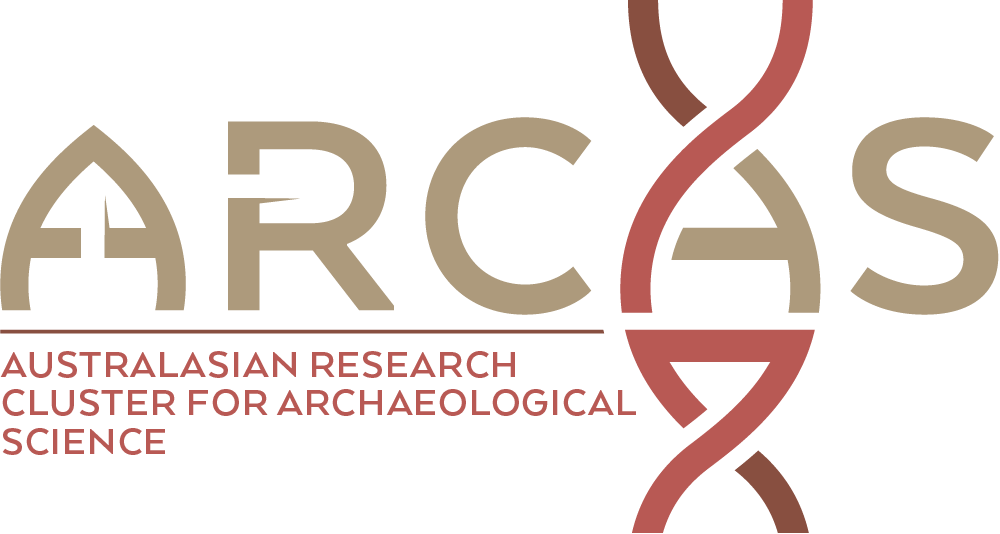Toward a versatile protocol for radiocarbon and proteomics analysis of ancient collagen
Publication date: January 2019
Source: Journal of Archaeological Science, Volume 101
Author(s): Sophie Cersoy, Séverine Zirah, Arul Marie, Antoine Zazzo
Abstract
Ancient bone proteins provide a plethora of information regarding the identity, period, and diet/environment of animal species through proteomic analysis, radiocarbon dating and isotopic analysis respectively. However, each technique imposes specific constraints for bone protein extraction. Despite the sample preciousness and heterogeneity, these analyses are not routinely performed on the same aliquot. Protocol for radiocarbon dating are the most restrictive in terms of sample preparation and their effects have seldom been evaluated at the molecular level. Here, several extraction protocols were tested using modern and archaeological bones. Molecular characterization of the extracts was performed using electrophoresis and proteomics. Protocol-induced biases in peptide sequences and their effect on species identification were evaluated using database searching and partial de novo sequencing. This work shows that extraction protocols corresponding to mild bone decalcification conditions and using ultrafiltration are the most suitable for species identification.
Graphical abstract

